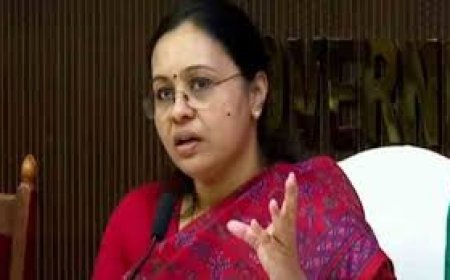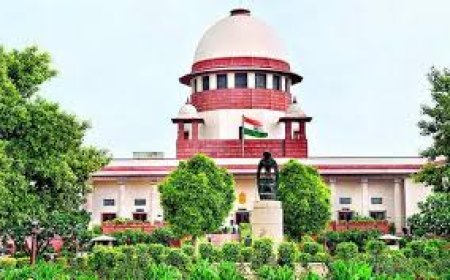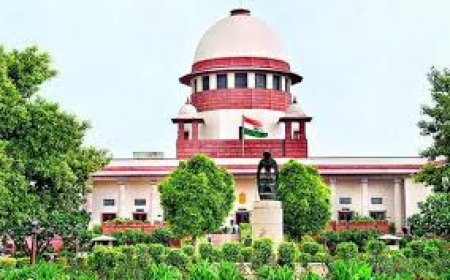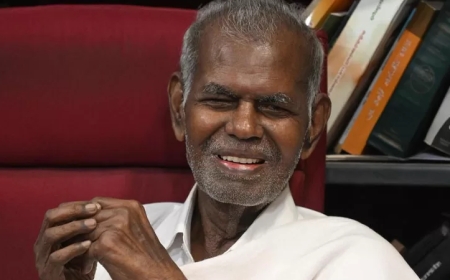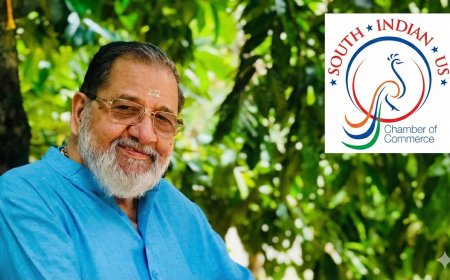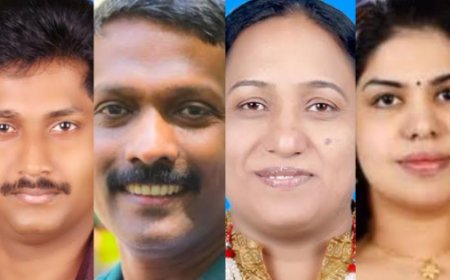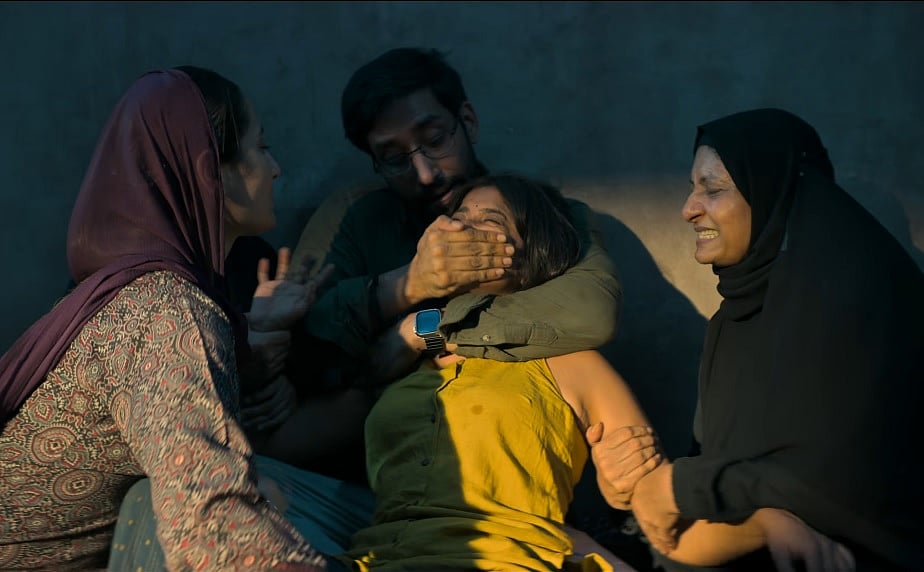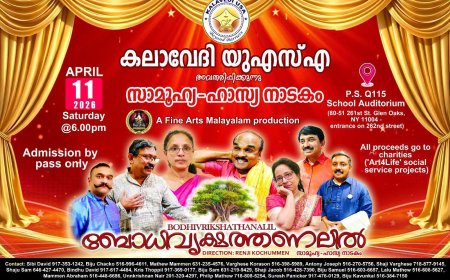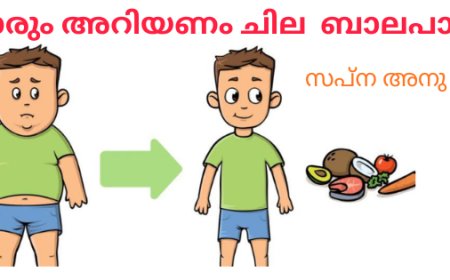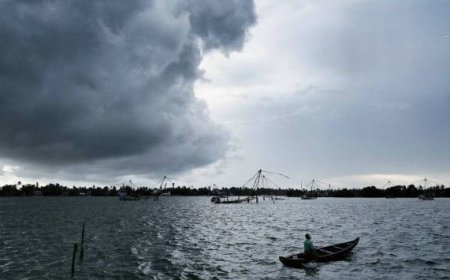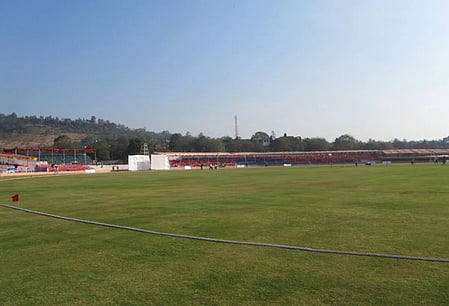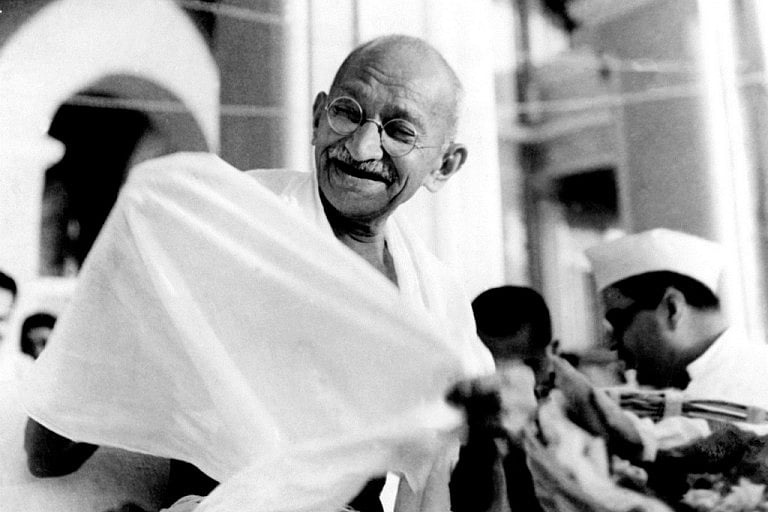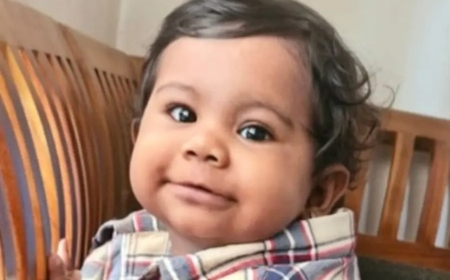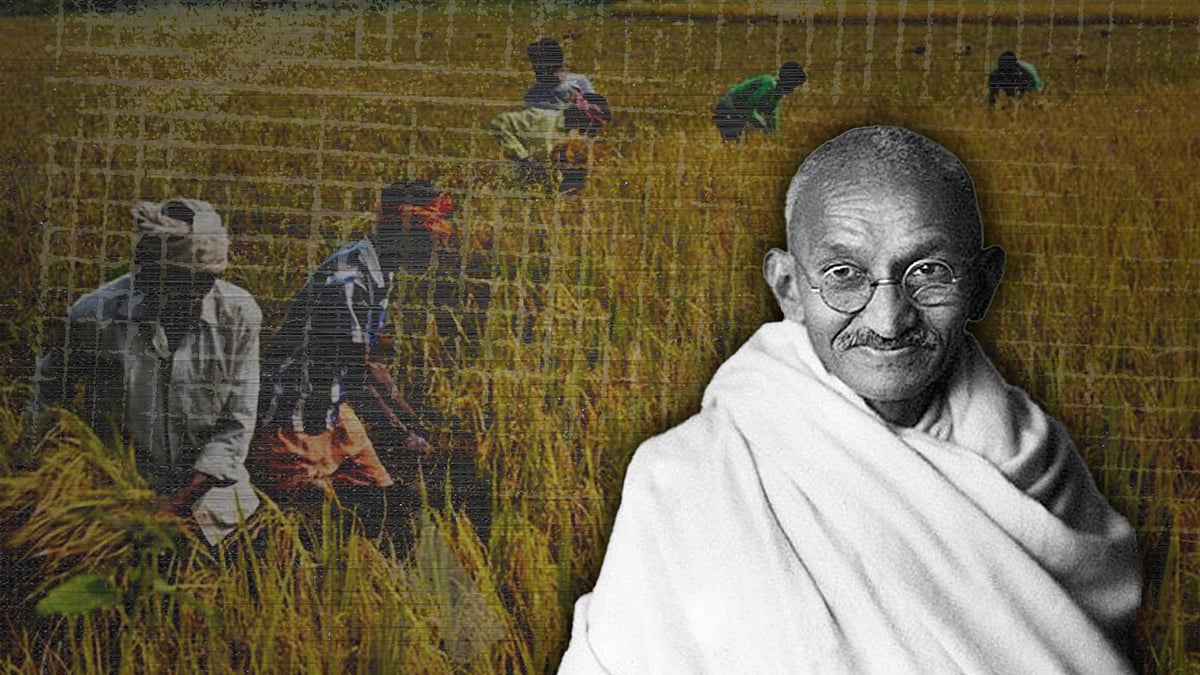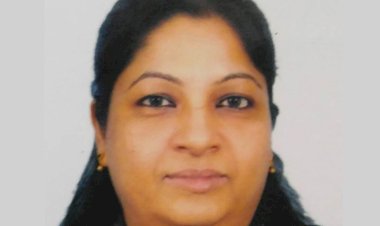Let’s face the fever rage with utmost care

KERALA is reeling under a massive dengue and rat epidemic fever. The number of fever cases crossed 2 lakh in the state as outbreaks of contagious diseases like H1N1, dengue fever and rat fever continue to claim more lives. According to a June 19 report, 23 people have lost their lives in the state.
Another report says hospital beds in most of the areas are filling up fast with patients complaining of fever-related complications.
"There is an increase in the number of patients in all districts. Most of these patients have a high fever, body ache and other flu-like symptoms," an official was quoted as saying. In June, at least 1,43,377 people were confirmed to have been infected with fever in the state.
Sources close to the health department reveal that Malappuram, Kozhikode, Ernakulam and Thiruvananthapuram reported the highest number of fever cases.
Dengue (break-bone fever) is a viral infection that spreads from mosquitoes to people. It is more common in tropical and subtropical climates.
Most people who get dengue won’t have symptoms. But for those that do, the most common symptoms are high fever, headache, body aches, nausea and rash. Most will also get better in 1–2 weeks. Some people develop severe dengue and need care in a hospital.
In severe cases, dengue can be fatal.
You can lower your risk of dengue by avoiding mosquito bites, especially during the day.
Dengue is treated with pain medicine as there is no specific treatment currently. Rarely, dengue can be severe and lead to death.
If symptoms occur, they usually begin 4–10 days after infection and last for 2–7 days. Symptoms include high fever (40°C/104°F), severe headache, pain behind the eyes, muscle and joint pains, nausea, vomiting, swollen glands and rash.
Individuals who are infected for the second time are at greater risk of severe dengue.
Severe dengue symptoms often come after the fever has gone away: severe abdominal pain, persistent vomiting, rapid breathing, bleeding gums or nose, fatigue, restlessness, blood in vomit or stool, being very thirsty, and pale and cold skin.
People with these severe symptoms should get care right away.
After recovery, people who have had dengue may feel tired for several weeks.
Most cases of dengue fever can be treated at home with pain medicine.
Preventing mosquito bites is the best way to avoid getting dengue.
Acetaminophen (paracetamol) is often used to control pain. Non-steroidal anti-inflammatory drugs like ibuprofen and aspirin are avoided as they can increase the risk of bleeding.
There is a vaccine called Dengvaxia for people who have had dengue at least once and live in places where the disease is common.
A strong immune system helps you prevent dengue and also helps in quick recovery from dengue fever. Strong immunity will also treat the initial symptoms of dengue.
You must add immunity-boosting foods to your diet like citrus foods, garlic, almonds, turmeric and many more. Also, proper waste management is solicited keeping home surroundings clean and tidy.
So far this month, H1N1 has claimed the lives of 23 people and dengue 6.
World Malayalee Voice urges the public to exercise caution to avoid contagious diseases.




